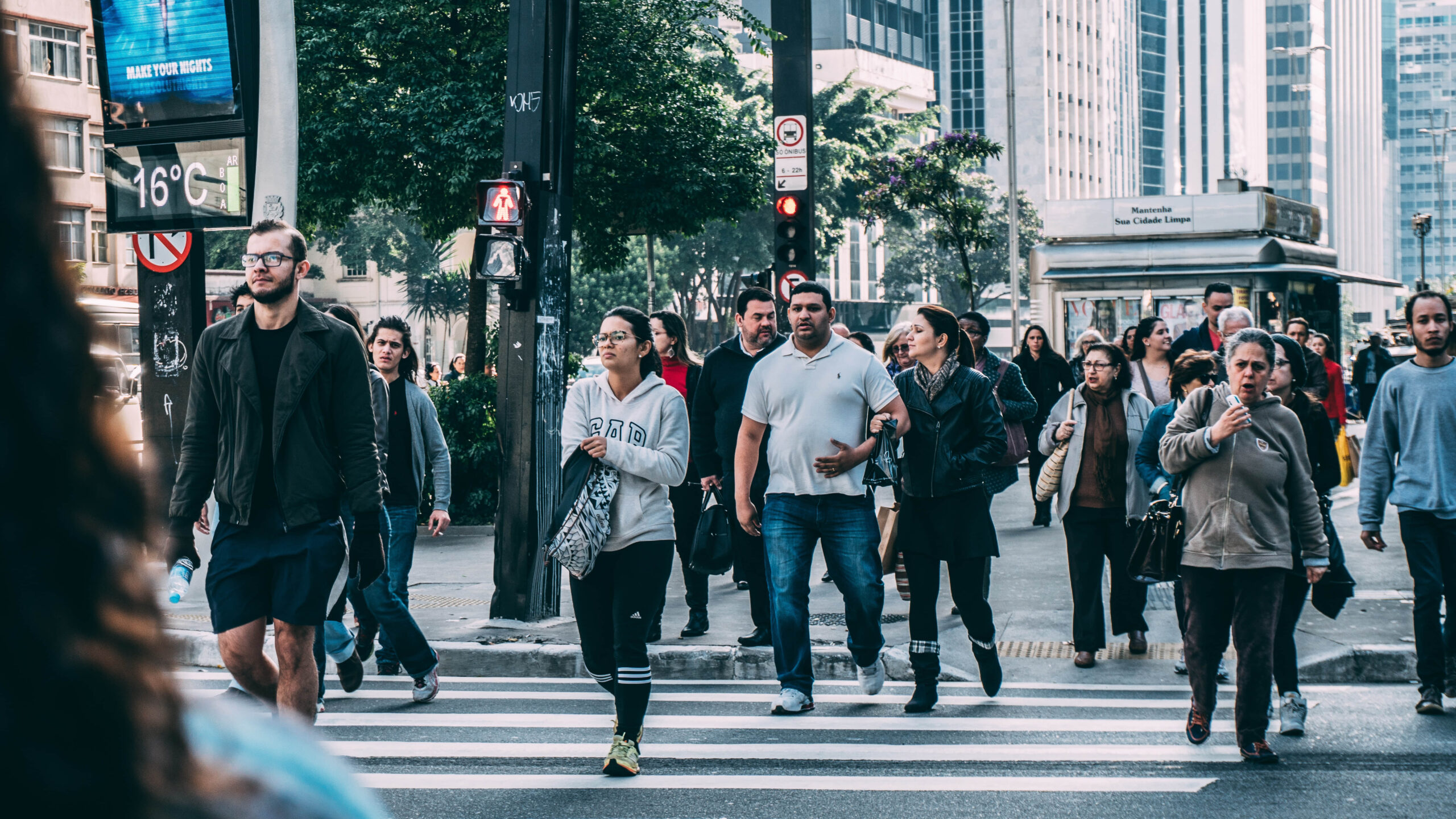When Mad Max first came to the big screen in 1979, the public was mesmerized by the desolate landscapes of a post-apocalyptic Australia. Set a few years after the 1973 oil crisis, Mad Max explores what happens when society collapses faced with the permanent decrease of essential resources supporting civilization. Which resources? Dystopian Mad Max imagined what would happen in a society where oil disruption affects services, wealth, infrastructure, and even human behaviors. The Australian block office developed by medical doctor George Miller and amateur filmmaker Byron Kennedy hides more realism than expected.
Indeed, a recent sustainability study published in July 2021 analyzes the different lifeboats around the world in the event of a collapse of society. The authors note that five nations, among which Mad Max’s country, could act as societal rescues, or “nodes or persisting complexity”, contributing to surviving the collapse. These nations are New Zealand, Iceland, the United Kingdom, Australia, and Ireland.
New Zealand
New Zealand receives the highest score as a favorable starting location, with a rating of 6.5. The scoring includes a review of the current population level, the fraction of agricultural land, and the access to waterways, compared to vulnerability factors. With a population of 5 million and over 43% of agricultural land, New Zealand records 0.023km2 of agricultural land per capita. With regard to self-sufficiency, the country has plenty of renewable energy sources, with a high potential to adapt its modern and resource-based economy to face the new challenges brought by the collapse of society.

Iceland
The second societal lifeboat, Iceland, has a rating of 1.2 as a favorable starting location. The country also enjoys a high per capita availability of agricultural land, making it an ideal location for growing food. Iceland is also maximizing agricultural resources through green agriculture strategies, which could reduce reliance on food imports in the long term. With established fisheries and abundant renewable energy, Iceland presents highly favorable conditions despite being a volcanically active island in northern latitudes.

United Kingdom
With a favorable starting location rating of 1, the United Kingdom is the third societal lifeboat that could come to our rescue for surviving the collapse. Unlike the first two nations, the UK has a difficult position, as renewable energy resources are not yet fully developed even though they are readily available. Additionally, the country still needs to cultivate self-sufficiency in food to meet the needs of its ever-growing population. With a low per capita availability of agricultural land, the UK will need to innovate to meet the challenges of a societal breakdown.

Australia
The fourth lifeboat is Australia, with the same rating as the UK. Despite its size, Australia has little agricultural land as climatic conditions can be difficult in some regions. However, its scale encompasses wide climatic varieties, allowing for a more diverse agricultural landscape. Renewable energy is underdeveloped but can be improved through technology and targeted activities.

Ireland
Finally, the last lifeboat, Ireland, reaches a rating of 0.6. Similar to the UK in terms of renewable energy use, Ireland is rapidly growing renewable contribution. With a significantly smaller population, the transition to renewable energy is more feasible. Ireland has a moderate per capita availability of agricultural land as a result of its small size. However, extensive innovation could support agriculture development further.


